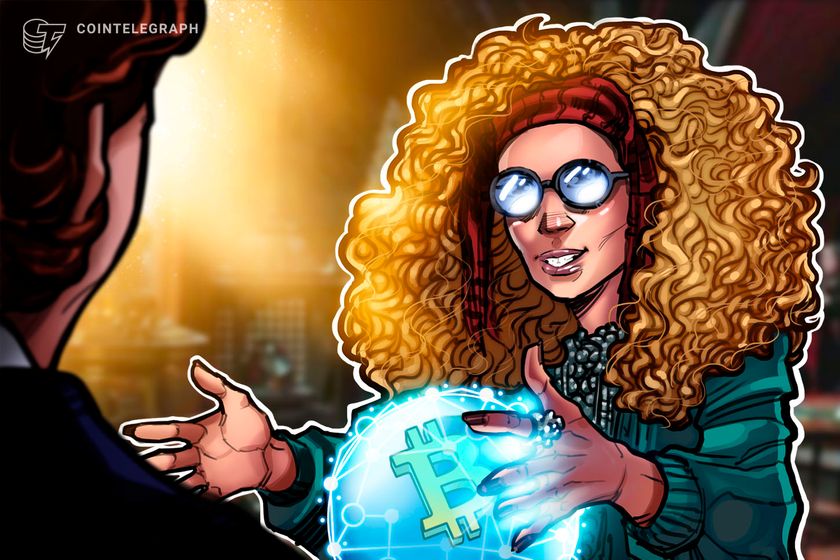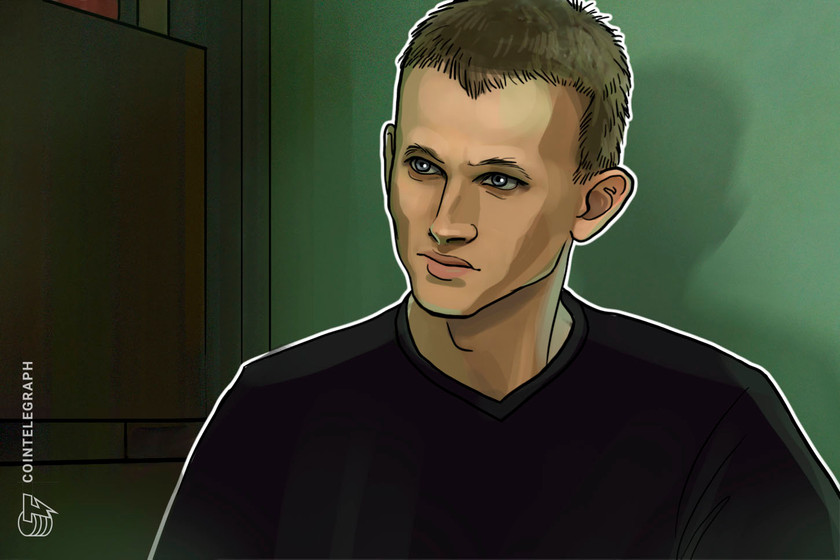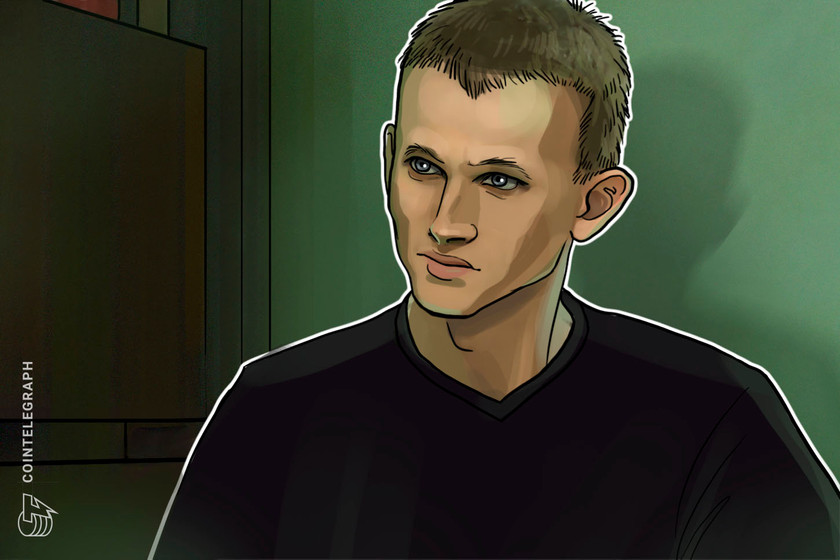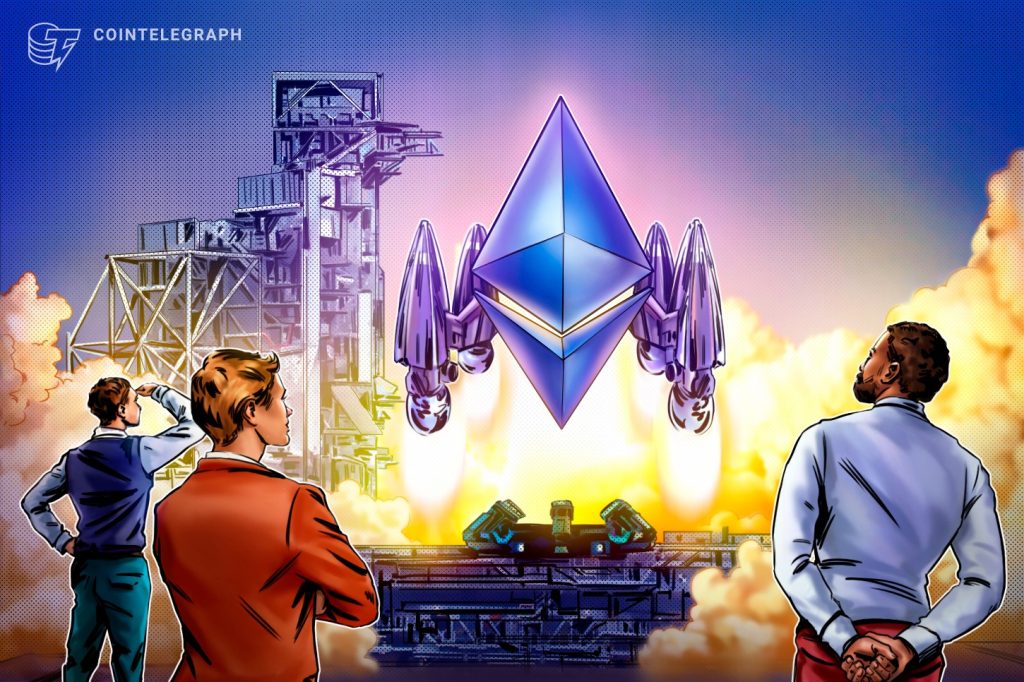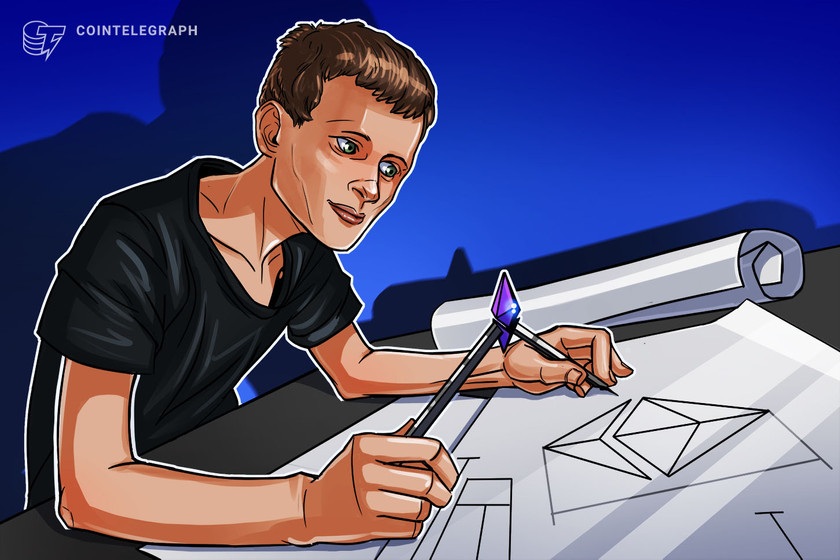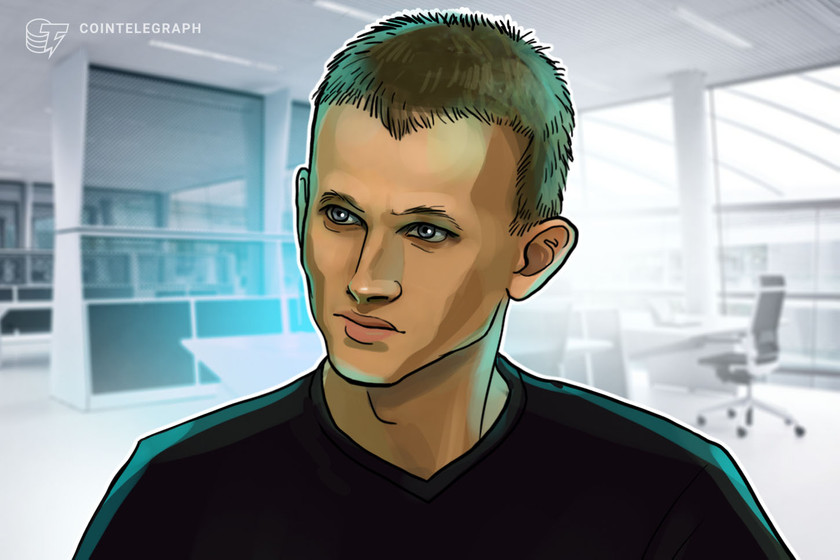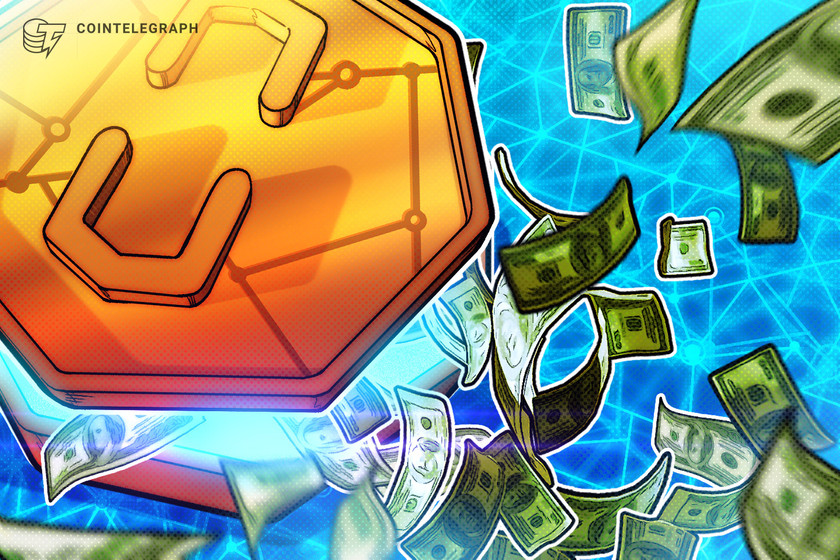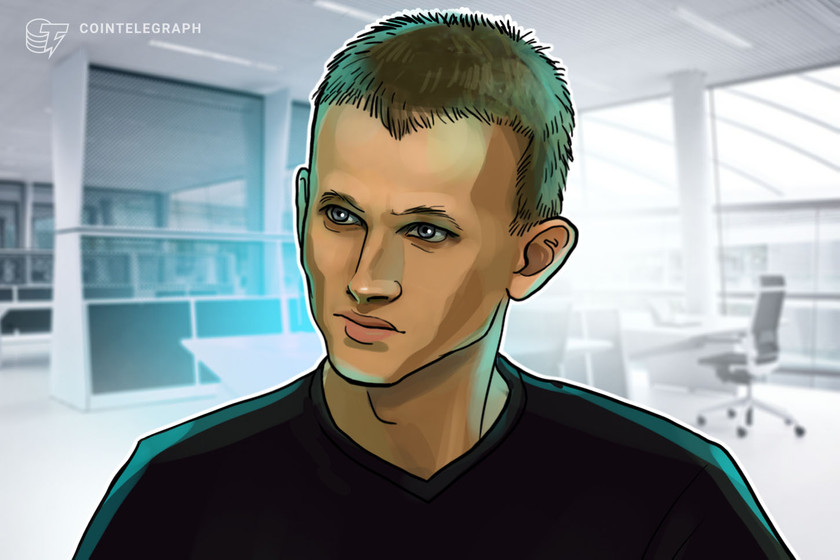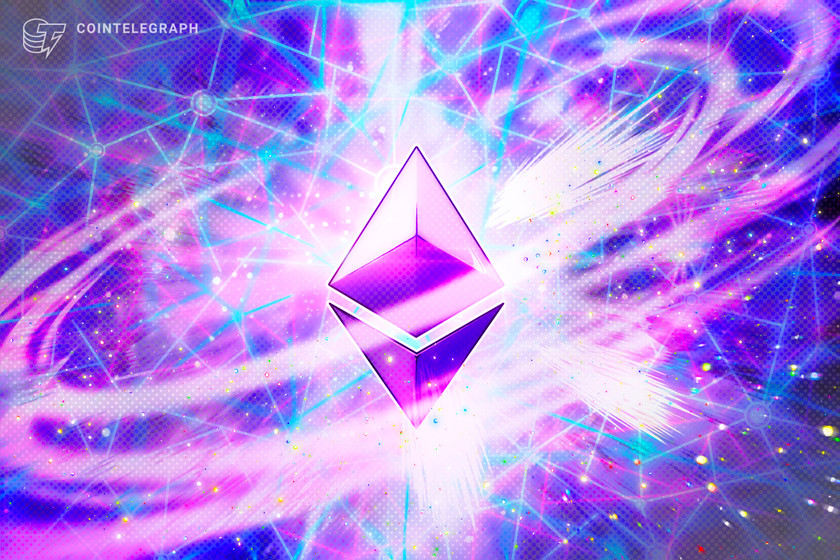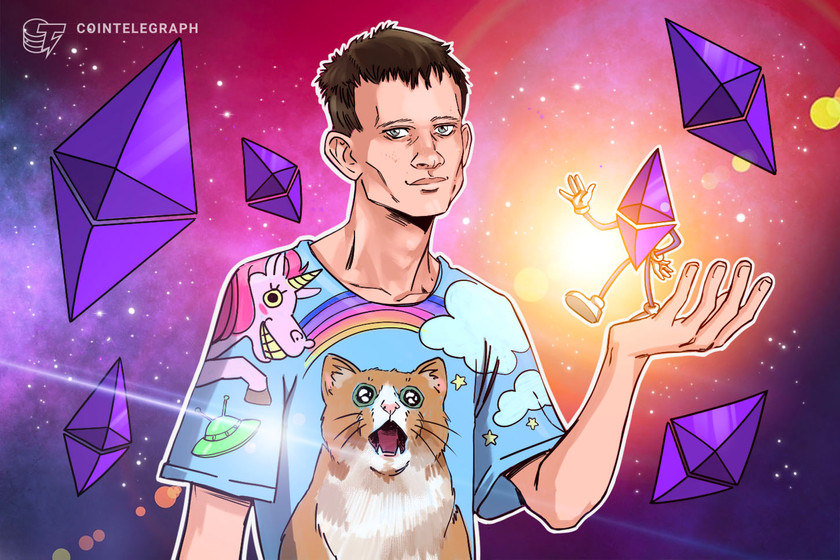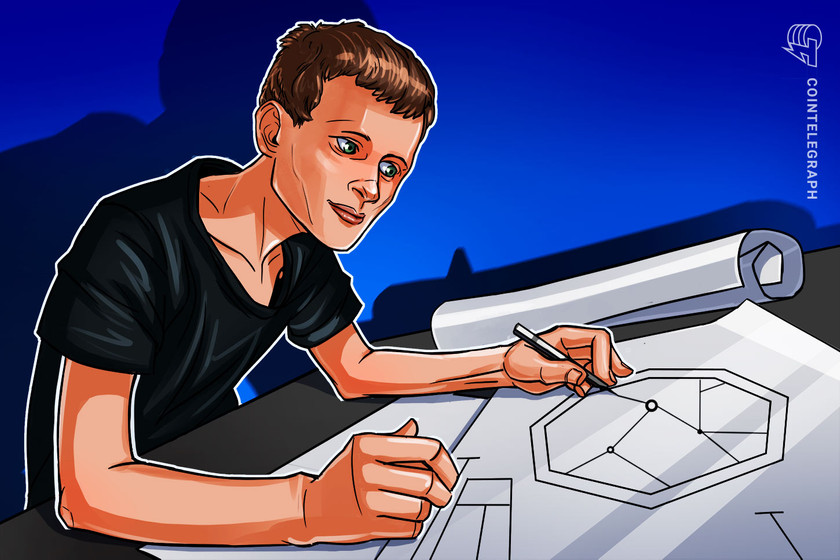Bitcoin maxis vs. multichains: Two opposing visions of crypto’s future


Many Bitcoin maximalists are even hesitant to apply the term “crypto” to their preferred asset, as it brooks association with more centralized coins.
Jan3 CEO Samson Mow has said that comparing Bitcoin to crypto is like comparing “an aircraft to a paper airplane.” Ripple CEO Brad Garlinghouse said, “It will be a multichain world.”
These opposing statements are the latest front in the longest-running feud in cryptocurrency — the battle between Bitcoin (BTC) and everything else that followed.
For the crypto masses, those individuals who hold only to a single blockchain are often referred to as the maximalists.
Bitcoin maximalism is almost as old as Bitcoin itself, with the phenomenon emerging not long after its creation.
According to Bitcoin educator and self-confessed Bitcoin maximalist Giacomo Zucco, maximalists hold four truths dearly:
- Everything that is not Bitcoin is a scam.
- Every attempt at changing Bitcoin is a scam.
- Every attempt at pushing people to spend Bitcoin is a scam.
- We shouldn’t be nice to scammers.
Even in the earliest days of blockchain, altcoins began proliferating. By 2010, the term shitcoin was born.

